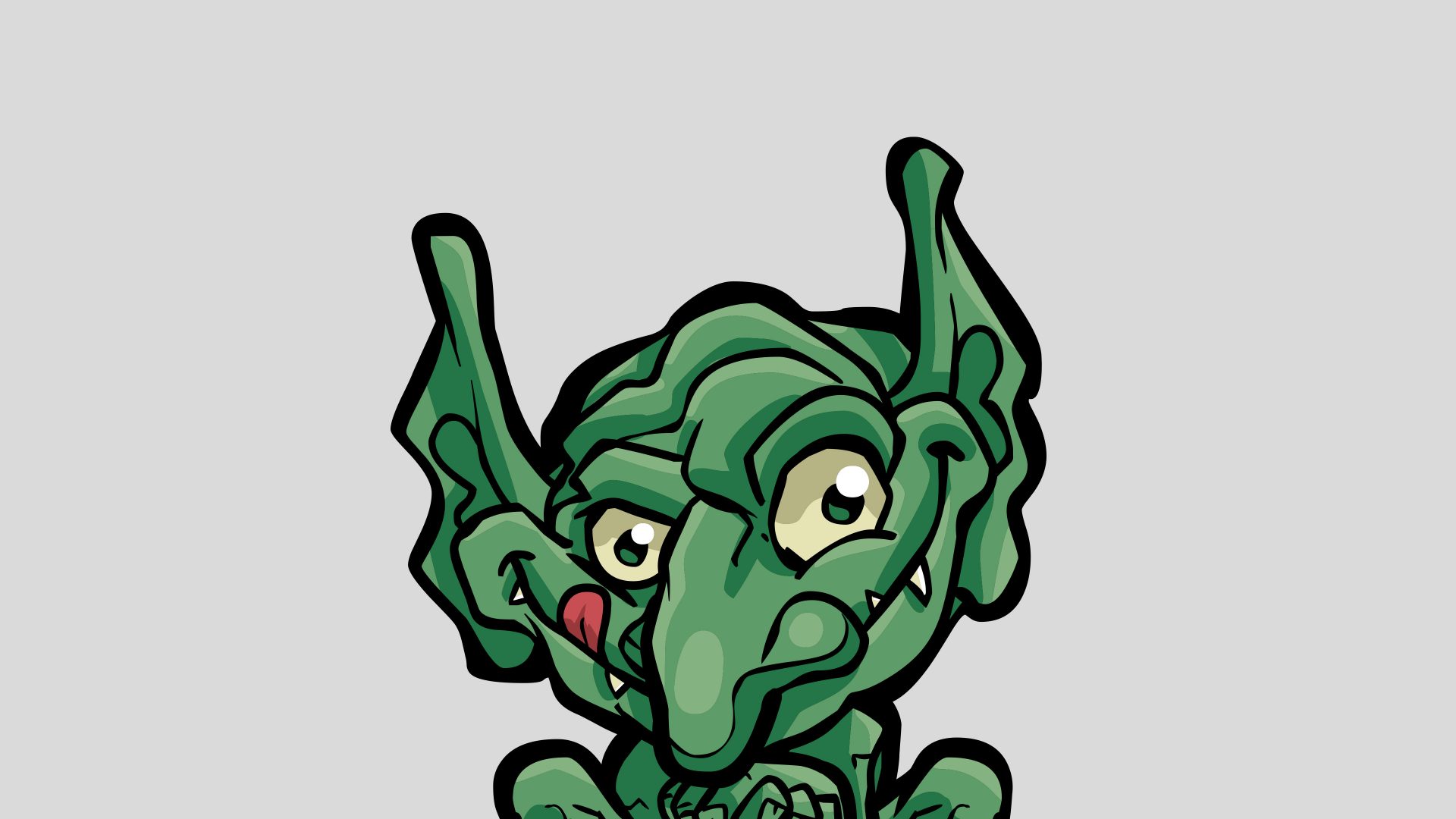Apparently, a backlash against looking perfect on social media has led to “goblin mode” becoming the word of the year. At least according to the compilers of the Oxford English Dictionary – and a bunch of self-selecting
lexicomavens to who they offered up a shortlist of such coinages so they could vote on the most zeitgeisty. Other frontrunners were “meta” and the hashtag “IStandwith”.
My youngest – who must be something of an earlyworder himself, since when I informed him of this, he told me he already knew – inveighed against these semiotic arbiters on two grounds: firstly, that “goblin mode” is two words, not one, and secondly because so many of those he knows who use the term are in fact immaculately turned-out girls and young women, with obsessively curated social media profiles.
Obviously, lurking behind his anger is his own propensity for appearing in goblin mode – not just occasionally, but pretty much all the time he’s in the house. In the outside world he’s something of a dandy: beautifully coiffed and always wearing fantastic apparel, but once he returns to the parental nest all that changes, and he does indeed begin – as the OED definition mandates – to manifest “a type of behaviour which is unapologetically self-indulgent, lazy, slovenly, or greedy, typically in a way that rejects social norms or expectations.” The one caveat being that he really isn’t ever greedy, and – not something you expect of goblins – has impeccable manners.
As with any neologism, “goblin mode” has risen up into the collective consciousness through several ulterior stages. Its etymology is pretty straightforward: a derivation from “beast mode”, one of the manifestations
the Transformers were capable of. I would say, if you don’t know what Transformers are than clearly you haven’t been alive the past 30-odd years – but since the next stage of goblin mode’s journey to becoming word of the year involved a young woman called Julia Fox, who I’d never previously heard of, what do I know about anything.
OK, according to the Oxford people “goblin mode” does date back to 2009 – although they cite no evidence for this – but it’s the deployment of the term in a mock headline that was widely shared on Twitter that’s made it the expression de nos jours. The headline quoted Fox as saying that Kanye West – with whom she’d been having the briefest of dalliances – hadn’t liked it when she “went goblin mode”. Fox denied she ever said any such thing, but by then the tweet had received 120,000 likes – and as any contemporary
fool knows, this is sufficient to bootstrap the merest of trivia into the greatest salience.
Some argue the significance of “goblin mode” has a profound social cause: a gathering revulsion against the necessity people feel to maintain those squeaky-clean screen-based personae – one compounded by the emergence of all us green-skinned anthropomorphs post- pandemic, cursing, blinking and farting, into the cold light of day. I wish.
After all, the other two locutions in contention also relate to virtual rather than actual activities, and while Elon Musk’s takeover of Twitter and subsequent online freakouts, meltdowns and reinstatements of formerly
suspended extremist accounts may have provoked a flight from the platform, the fact remains that as the years scroll by people become more not less ensorcelled by the virtual realm.
Which makes it a profound shame that Mark Zuckerberg shamelessly stole the prefix from the expression “metaverse” and applied it to his own ghastly pay-per- prance virtual realm. “Metaverse” originated in a 1992 sci-fi novel by Neal Stephenson in which he predicted the emergence of an all-consuming virtual realm alongside a dystopian future. The OED people in their definition, figure this phenomenon as substitutive of all our existing virtual activities – but really, you’ve only to see a homeless person sitting outside in the freezing cold on a bit of cardboard yet still compulsively online, in order to realise that this dystopic future is already upon us. I’ve had beggars ask me for money to pay their streaming subs – for real.
I’d argue that the metaverse has affinities with Marshall McLuhan’s “unified electrical field”, Jean Baudrillard’s “simulacrum” and Guy Debord’s “spectacle”. Debord defined the latter thus: “The spectacle is not a collection of images; it is a social relation between people that is mediated by images.” And that was in the late 1960s! The etymology of “metaverse” is an obvious cut-and-shut between “meta” – the Ancient Greek for “beyond” – and “universe”; but there’s an obvious problem with this derivation: “verse” is already a perfectly comprehensible English word in its own right, so “metaverse” literally means “after poetry”. Indeed.



